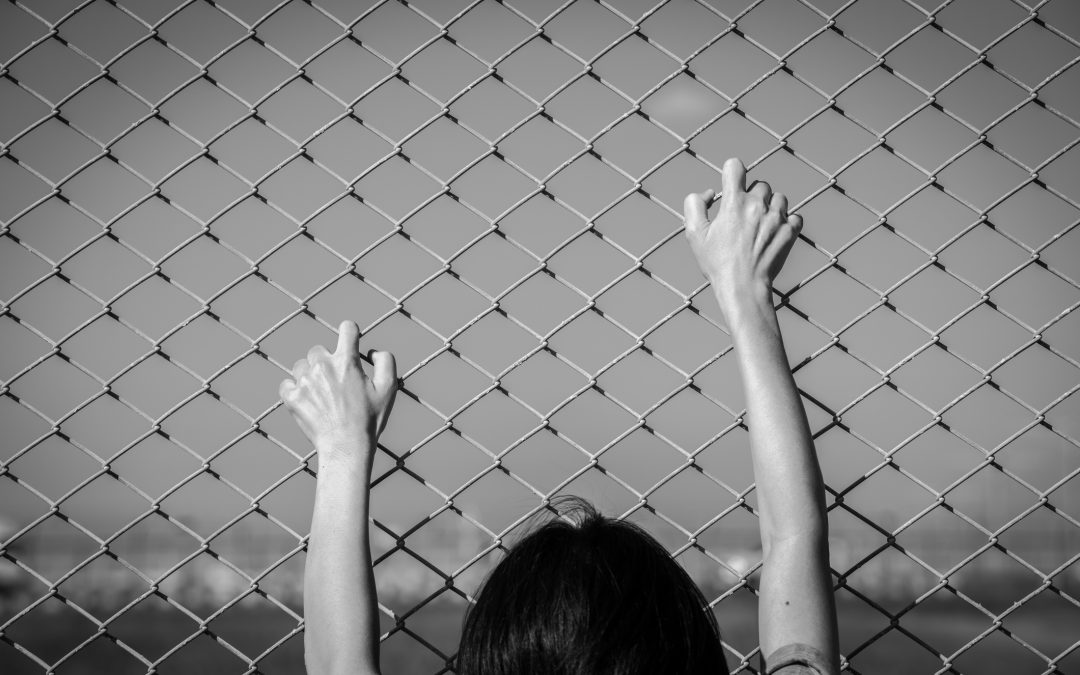By Sue Coyle, MSW
When NM*, a lecturer at a school of social work in the Midwest, was a graduate student, she says there was not a place for her and other students to go with their concerns, to feel seen and heard. “With the issues that I experienced belonging to a marginalized community, any time I brought attention [to them] to the people who were supposed to be responsible for addressing them, I never got any response that was productive or helpful or understanding of where I was coming from,” she remembers.
Returning more than a decade later as a professor, NM, MSW, LMSW, found some improvement with the presence of a Diversity, Equity and Inclusion (DEI) office at the school. “I remember the first time I had a meeting; they had a person from the DEI department. As I was bringing up [issues], that person was literally finishing the other half of my sentence. For the first time, somebody heard what I was saying. I’m not a very emotional person, but I broke out into tears. I heard somebody say ‘I hear you, I see you, I know what you mean.’”
NM notes that while the acknowledgment of her concerns as valid did not necessarily lead to action and change, the very presence of the DEI program at least offered a glimmer of hope. That hope, on campuses throughout the country, including NM’s, is now dimming as the Trump administration’s attacks on DEI are leading to the closure of programs and offices at colleges and universities. Unfortunately, the shuttering of such programs is only one of many potential fallouts anticipated from the rollback and elimination of DEI initiatives. How this will impact social work education moving forward is yet to be determined, but many are concerned.
Targeting DEI
To fully grasp the implications the Trump administration’s actions—as well as the actions of state and school leaders—could have on social work education, one must first understand exactly what DEI is. Diversity, equity and inclusion is a framework by which institutions and organizations, including colleges and universities, have striven to ensure fair treatment and opportunity are given to all individuals, including those in marginalized communities. The Harvard Business School defines the components of DEI as:
- “Diversity: The presence and participation of individuals with varying backgrounds and perspectives, including those who have been traditionally underrepresented
- Equity: Equal access to opportunities and fair, just and impartial treatment
- Inclusion: A sense of belonging in an environment where all feel welcomed, accepted and respected.”




